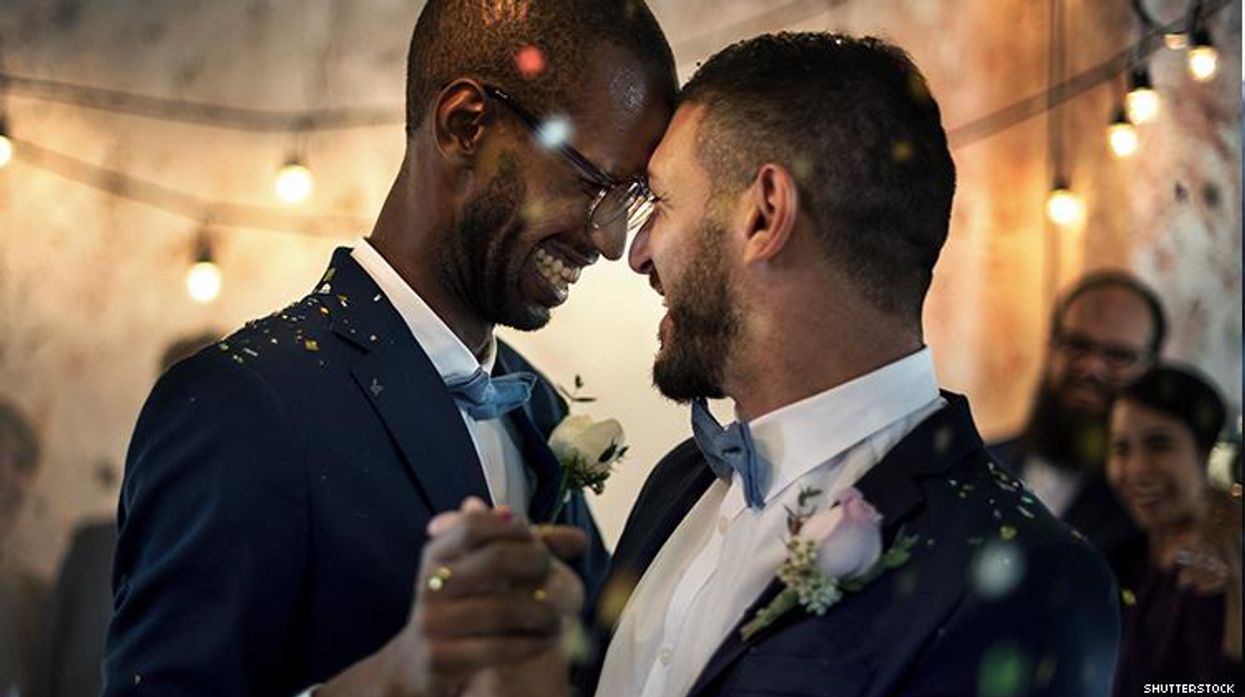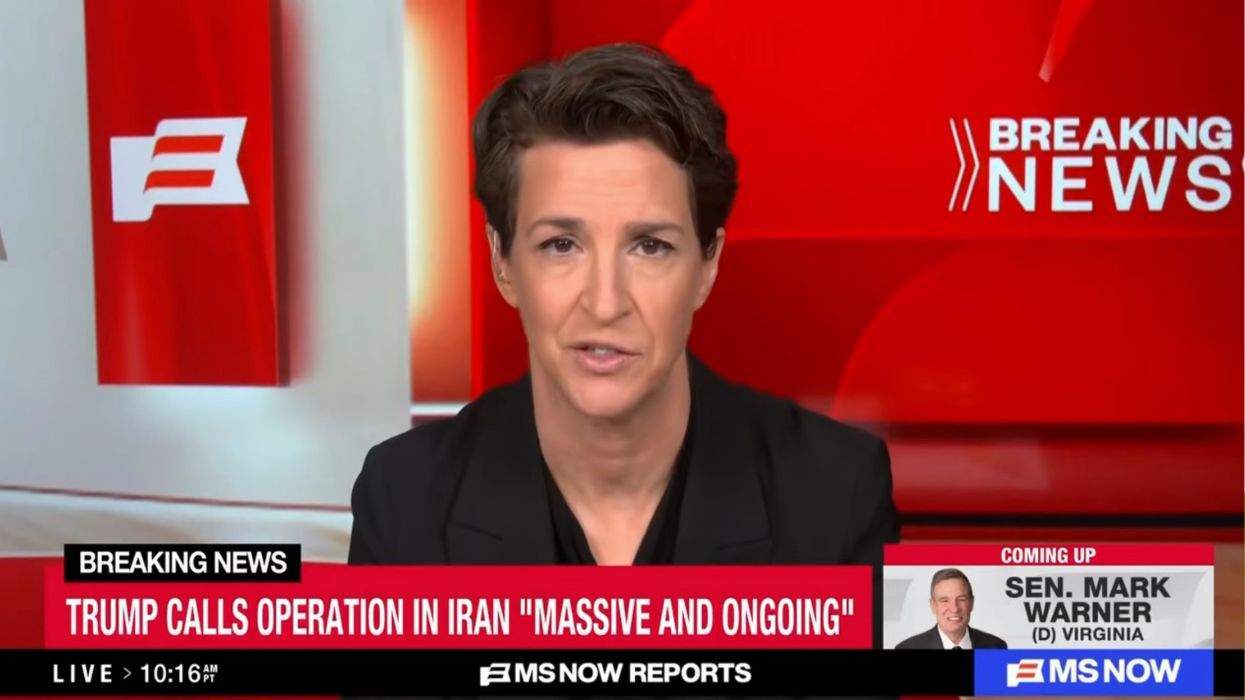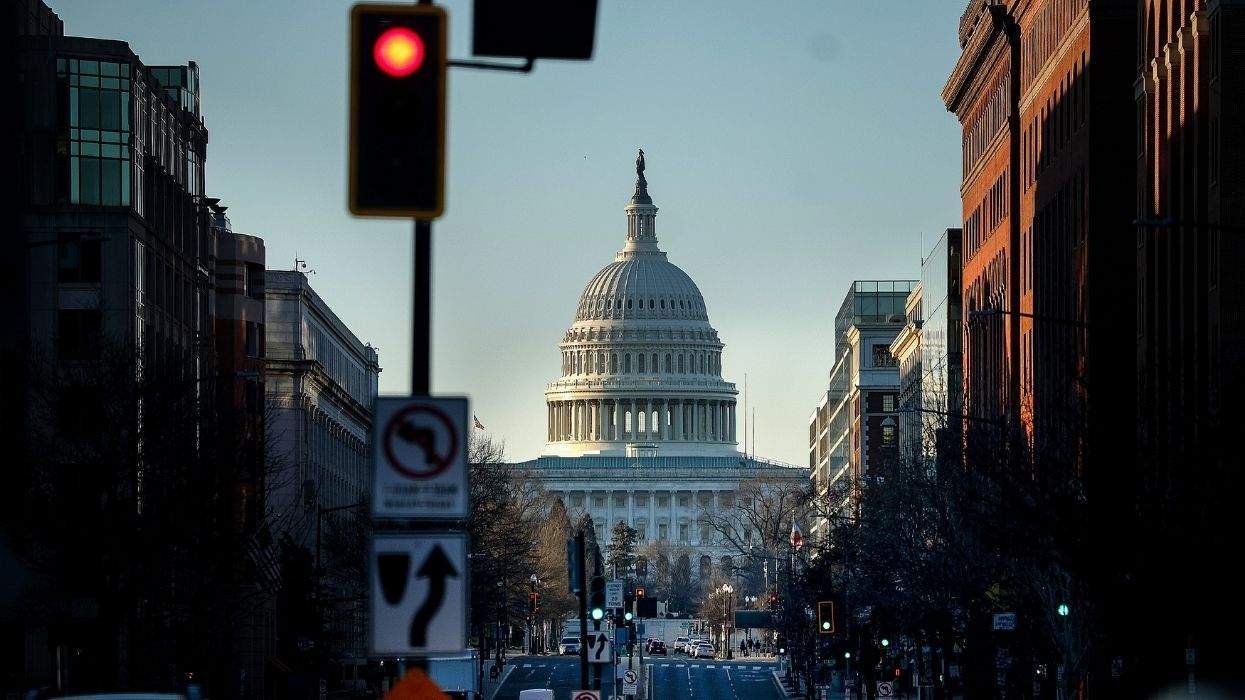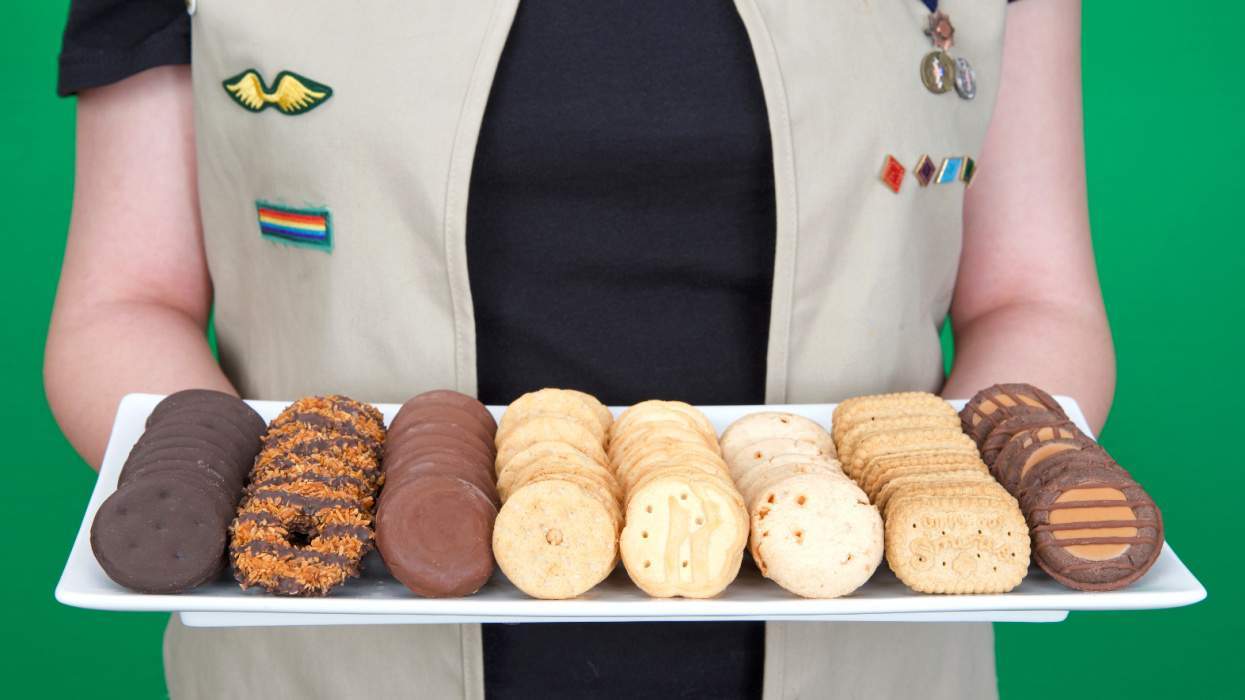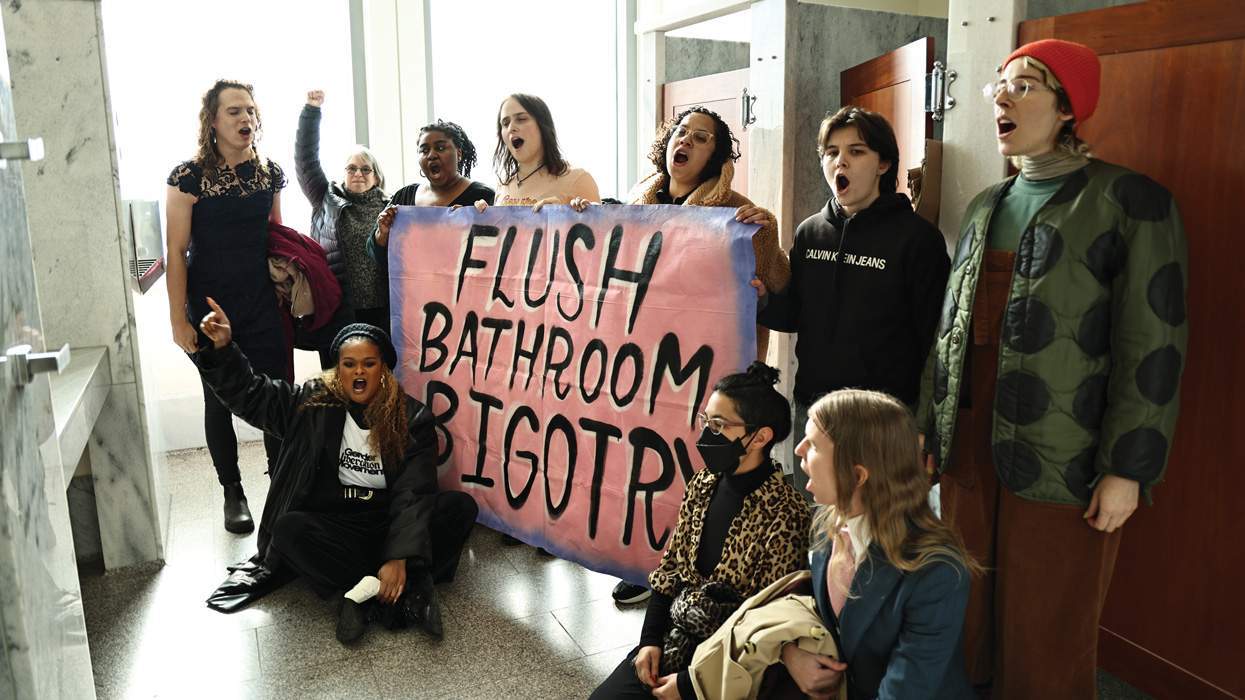Editor's Note: This article has been made into an episode of The Advocate's podcast The Ten. Click here to listen to Zach Stafford dive deep into how queer people are changing marriage for all of us.
***
When the fight for same-sex marriage was the focus of LGBTQ rights in the early 2000's, conservatives around the world were panicked.
Same-sex couples were not like them at all, they shouted, and how dare you even try to make the comparison or give them similar rights when God had ordained heterosexual marriage as the only acceptable coupling.
In response, as fights played out from California's Prop 8 ballot initiative to the eventual Supreme Court battles, marriage equality advocates drummed the argument that "we are just like you," and began to change hearts and minds faster than ever before.
The Right went on an offensive to stop what some dramatically argued could be the beginning of the end of the world. High-profile politicians like former Pennsylvania senator and Republican presidential candidate Rick Santorum misconstrued data to argue that same-sex marriage would ruin society. And while such attempts consistently fell flat when countered with actual research that showed, for example, that same-sex parents were actually a positive impact on children, one talking point could make marriage equality leaders a bit nervous: nonmonogamy.
"Marriage has already been weakened," Santorum wrote in a 2013 opinion piece published in USA Today. "The out-of-wedlock childbirth rate is at a historically high level, while the divorce rate remains unacceptably high. Do we need to confuse future generations of Americans even more about the role and importance of an institution that is so critical to the stability of our country?"
People like Santorum knew that some LGBTQ couples had reimagined relationships and didn't always fit into what he saw as foundational to holy matrimony. Sure, not all queer couples embraced nonmonogamy, but the LGBTQ community was largely more accepting of sexual encounters outside of one's primary relationship and expressed less stigma toward open relationships.
Of course, this isn't to say that straight couples were exclusively monogamous in practice, despite their strictures against "cheating." And while in the end Santorum's efforts were thwarted and marriage equality became the law of the land, some of his original predictions have come true.
Queers have changed marriage. Just not how conservatives expected.
As nationwide marriage equality turns four years old this year on the anniversary of Obergefell v. Hodges, research published in the new book LGBTQ Divorce and Relationship Dissolution: Psychological and Legal Perspectives and Implications for Practice is showing that same-sex partners have slightly lower divorce rates than opposite-sex couples. Abbie Goldberg, professor of psychology at Clark University and coeditor of the anthology, says she can't say for sure what is directly causing this -- but her findings from a case study initiated in 2005, which followed LGBTQ families, suggests it's what conservatives feared: Same-sex couplings are changing the institution.
What those on the right couldn't imagine was that this would actually make marriage better.
"Within same-sex marriages, many couples do see themselves as challenging the underlying patriarchal nature of marriage: They are not falling into prescribed roles," Goldberg tells The Advocate. Now that it's legal for LGBTQ people to wed the person of their choice, she says these couples are reimagining the institution of marriage. "Generally speaking, same-sex couples are more likely to veer from traditional notions of how marriage should work."
Although she points to consensual nonmonogamy as one way LGBTQ couples are shaking up marriage, Goldberg says disrupting the old rules isn't just happening in the bedroom. It ripples out through the entire relationship. Her research has found that LGBTQ couples are shifting expectations around finances, divisions of domestic labor, and what it means to be a "husband," "wife," or marriage partner.
So as it turns out, queers are busy reshaping the very institution of marriage
Some LGBTQ people who say their relationship mirrors what Goldberg has found argue this isn't occurring simply because they are queer. Rather, they believe the root of what encourages them to have lasting marriages is their embrace of nonmonogamy -- and the way their relationships already engender a lot of frank communication and negotiations about what their "open" relationship looks like in practice. After all, "open" can mean a lot of different things to different people.
The benefits of having these intimate and revealing conversations encompass more than sex. For example, April Choi, a queer woman who is in a polyamorous relationship, says, "My ability to communicate has increased to a point where I have very few times where I'm distressed by a misunderstanding."
Choi, whose wedding went viral after photos captured flames exploding around the altar just as she finished her vows, says becoming poly has made her feel more love for and confidence in herself than ever before. "Being mildly autistic, [misunderstandings] used to happen hundreds of times a day -- now it is only a few times a week."
Other married LGBTQ couples in open relationships agree that learning how to negotiate "openness" allows them to talk with each other more honestly about a wide array of issues. If they're able to negotiate sleeping with the neighbor, for example, then discussing who should take out the trash seems easy.
Some couples report that sex became less central to the relationship once they agreed to become nonmonogamous. Given that sex, and not just infidelity, is one of the most common aspects causing issues in marriages, being able to talk frankly and work through those issues could be vital in keeping couples together.
Writer Brian Moylan says that's been the case for him and his husband. The two had always explored a level of openness, but since getting married they've set what he calls "fluid rules" they discuss frequently. And that has alleviated stress that he associated with feeling like his husband was supposed to be all things, all the time.
"I think it also means that we rely on each other for companionship, emotional support, and other things, which only strengthens our relationship," Moylan says. Establishing a marriage that is "about more than just sex," Moylan argues, means even if and when "the sex goes, we still have a solid foundation."
While this arrangement is great for Moylan and his husband, who reside in England, where same-sex marriage has been legal since 2014, he stresses that open relationships are not for those who struggle with jealousy.
Choi echoes that sentiment as well, stating that "dark secrets" in either partner's life, about anything from sex to finances, can't exist for these arrangements to be their most effective.
And that truism is what is helping make open relationships a productive form of marriage for many people around the world. Communicating about concerns, relationship roles, and desire is seemingly helping provide a strong foundation for these couples.
Back in 2013, Santorum couldn't imagine this outcome when he focused so much energy on trying to block marriage equality. But now that it's the law of the land, conservatives like him may want to watch what we're doing with the institution, because they could learn a few ways to better their own relationships.
"At the end of the day, the comfort I take is that my husband is coming home to me and would rather spend the majority of his time with me, doing the things that we enjoy," Moylan says.
"That's not going to change just because he sucked another guy's dick."
